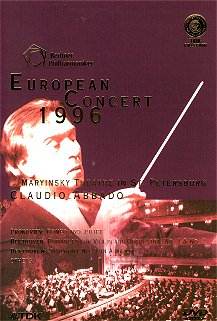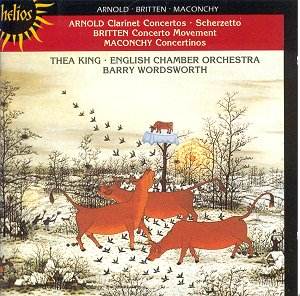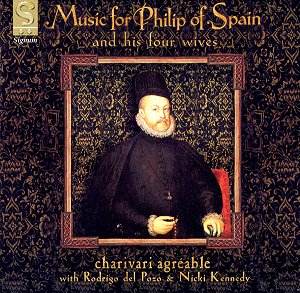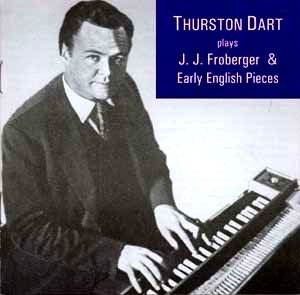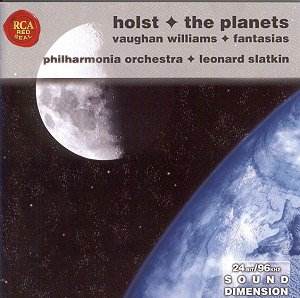 Composer: Gustav Holst
Composer: Gustav Holst
Works: The Planets, Ralph Vaughan Williams: Fantasia on “Greensleeves,” Fantasia on a Theme by Thomas Tallis
Performers: New London Children’s Choir, Philharmonia Orchestra conducted by Leonard Slatkin
Recording: 1996 (The Planets), 1992 (Fantasia on “Greensleeves”), 1991 (Tallis Fantasia)
Label: RCA Red Seal
Gustav Holst’s The Planets stands as a monumental work in the orchestral repertoire, both for its vivid orchestration and its innovative exploration of planetary themes that reflect the psychological and astrological characteristics of each celestial body. Composed between 1914 and 1917, it serves as a precursor to the more expansive and abstract orchestral works of the 20th century. Coupled with Vaughan Williams’s Fantasia on “Greensleeves” and Fantasia on a Theme by Thomas Tallis, this recording presents a compelling juxtaposition of early 20th-century British music, revealing a rich tapestry of emotional and thematic depth.
Leonard Slatkin’s direction of the Philharmonia Orchestra captures the essence of Holst’s cosmic vision with a blend of precision and lyricism, though it is not without its shortcomings. The opening movement, Mars, the Bringer of War, commands attention with a menacing brass proclamation that sets the tone for the entire suite. The brass section is indeed formidable, yet the string ensemble’s central contribution lacks the requisite intensity to generate a deeper sense of foreboding. The cumulative momentum, vital for this movement, feels somewhat underwhelming, as the strings fail to fully embody the brooding menace that Holst intended.
In stark contrast, Venus, the Bringer of Peace is rendered with serene beauty, showcasing ethereal string textures that transport the listener into a realm of calm. Here, Slatkin’s interpretative choices shine, allowing the delicate woodwinds to weave seamlessly into the lush orchestral fabric. The fleet-footed Mercury follows, where the orchestra’s agility is commendable, particularly in the taut woodwind passages that dance with a bright effervescence. This movement exemplifies the ensemble’s responsiveness to Slatkin’s meticulous direction, effectively portraying the messenger of the gods.
Jupiter, the Bringer of Jollity is another highlight, marked by robust brass playing that conveys a sense of joviality, albeit with a slight reservation regarding the exuberance that some other recordings evoke. While it may not reach the euphoric heights achieved by top-tier interpretations—such as those conducted by Sir Adrian Boult or Sir Colin Davis—it remains an enjoyable rendition. The gravitas of Saturn, the Bringer of Old Age is where Slatkin truly excels, capturing both the inexorable march of time and the serene reconciliation of its closing passages with remarkable sensitivity.
Uranus, the Magician presents an intriguing juxtaposition; while its central march could benefit from a more grotesque interpretation, the overall performance does not falter. However, it is Neptune, the Mystic that ultimately reveals the recording’s most significant flaw. This movement, known for its ethereal quality and haunting choral conclusion, lacks the necessary ebb and flow, as well as the subtlety of phrasing that are crucial for its impact. The New London Children’s Choir, while well-prepared, does not achieve the transcendent effect often realized with a ladies’ choir, leaving the final moments feeling less mysterious than intended.
The inclusion of Vaughan Williams’s Fantasia on “Greensleeves” and Fantasia on a Theme by Thomas Tallis enhances the disc’s value, providing an enriching contrast to Holst’s orchestral palette. The Tallis Fantasia is performed with warm spirit, albeit lacking the profound depth that characterizes the finest interpretations. The Greensleeves arrangement, while pleasant, does not elevate the performance to a level that would attract devotees of Vaughan Williams’s oeuvre.
This recording, available at a budget price, offers solid performances that are commendable but not groundbreaking. While it serves as an accessible entry point for those new to these compositions, it may not displace established favorites in the collections of seasoned listeners. The engineering, utilizing 24-bit remastering technology, is notably clear and well-balanced, enhancing the listening experience without overshadowing the performance itself. Each work is rendered with care, yet there remains an opportunity for greater expressiveness and nuance.
An overall assessment reveals a worthwhile disc that presents Holst’s The Planets with a commendable degree of competence. Despite certain interpretative inconsistencies and a less-than-stellar conclusion to Neptune, the recording offers a rich listening experience that is both engaging and affordable.
